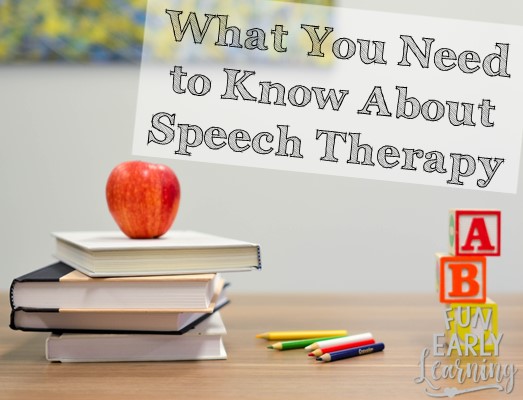
Many children may have difficulty with speech due to different conditions such as apraxia, autism, hearing loss, cerebral palsy, and developmental delays. These conditions can greatly impact speech and language development. Perhaps your child does not understand language, or they may understand but not be able to effectively communicate. No matter which situation you are in, this article covers what you need to know about speech therapy.
What is Speech Therapy?
Speech and language therapy is an intervention that provides treatment, support, and care for children struggling with communicating. It focuses on improving a child’s ability to speak and be understood. Children who are able to talk may work on articulation, vocabulary, and longer sentences. Children who are not able to talk may work on non-verbal communication such as sign language or using special equipment like an tablet.
How Speech Therapy Works
The first step is for the speech-language pathologist (SLP) to determine what condition your child has an what is causing it. For example, are they struggling due to apraxia, dyspraxia, auditory processing disorder, autism, hearing loss, etc. SLPs do an in-depth assessment of your child and look into all areas of speech and language development. This allows them to see areas your child is delayed in by comparing it to developmental norms of children the same age.
Types of Language Disorders
- Receptive Disorders: Difficulty understanding and processing what others are saying.
- Expressive Disorders: Trouble communicating, expressing thoughts and ideas.
- Expressive-Receptive Mixed Disorder: Difficulty understanding and communicating spoken language.
Strategies / Remediation SLPs Use
Articulation Skills: Articulation is forming clear and distinct sounds in speech. Children struggling with articulation may omit or alter sounds when speaking. SLPs will work on a child’s ability to move their tongue, lips, jaw, and palate to produce individual speech sounds.
Fluency and Stuttering: Fluency is expressing language easily with a natural flow in the sentence. Stuttering can affect fluency. It is when speech is involuntarily disrupted by the repetition of sounds. Like saying ‘buh, buh, buh, ball’. SLPs can teach children strategies on how to control this speech behavior to speak more fluently and clearly.

Voice and Resonance: Some children have difficult with their volume, tone, and quality of speech.
Pragmatic Language: Pragmatics are the social language skills we use every day when we interact with others. It’s our tone, what we say, our body language, and if we’re communicating appropriately in the given situation. SLPs work with children to help the build these social language skills to effectively converse with others.
Cognitive Communication: Cognitive language relates to our perception of situations, memory, our judgment, and problem solving. SLPs can help children to develop these skills to improve their memory, attention-span, reasoning and awareness.
Augmentative and Alternative Communication: AAC is an all encompassing term for the communication methods used to supplement or replace spoken and written language. These methods help those who are unable to understand others and express themselves. Some strategies and SLP may use are facial expressions, sign language, gestures, symbols and pictures.
Benefits of Speech Therapy
The main goal of speech therapy is to help your child improve their communication skills. To have them be able to effectively communicate their wants, needs, and thoughts to others. Speech Therapy and SLPs can help your child:
- Improve articulation and the ability to be understood by others by clearly expressing their thoughts, ideas and feelings
- Increased awareness and ability to problem solve in situations
- Fluent speech
- Practical social skills
- Increased confidence and self-esteem, better quality of life
- Increased independence
Helping Your Child at Home
As a parent, you play a huge role in your child’s speech therapy success. The more involved you are, the better the results your child can have. It’s important to practice speech and language activities at home, in addition to attending speech therapy. This helps carry over what your SLP is working on for continued practice.
We have some fantastic activities that you can download for free to continue to help your child on their speech and language development. Our top speech therapy resources are:
- Apraxia Speech Cards
- Superhero Says Articulation Practice – Initial Sounds
- Apraxia Articulation Games A-M Initial Sounds
- Apraxia Articulation Games N-Z Initial Sounds
- Let’s Practice Isolation Sounds
- Rhyming Clip Cards – CVC Words and More!
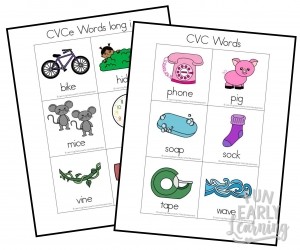 |
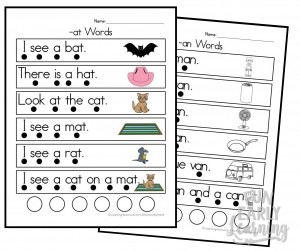 |
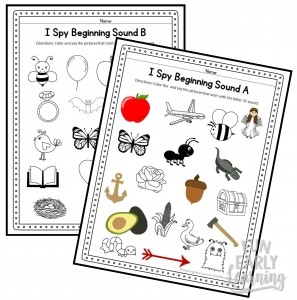 |
What You Need to Know About Speech Therapy Recap
Many children progress with their speech and language development at different rates. As a result, it’s helpful to have support from others in the same or similar situation. The key is to not compare your child’s progress with others. Each child is on their own path. Speech therapy is not a quick fix. It takes a lot of hard work and dedication to practice and improve.
Speech-language pathologists are key to helping children improve. SLPs have experience working with children with various speech and language issues. They have tons of strategies and tricks to help children on an individual basis as not all strategies work for every child. It’s important to not use a ‘one size fits all’ approach.
Being actively involved with your child’s speech therapy and working at home with them can make a HUGE difference in their improvement. Remember to make it fun and your child will be excited to keep practicing and keep improving.
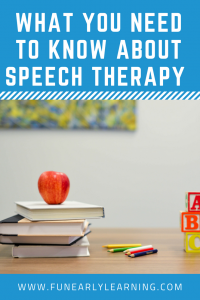
References:
Kid’s Health from Nemours
Understood for learning & attention issues
My Child Without Limits.org
Parents


